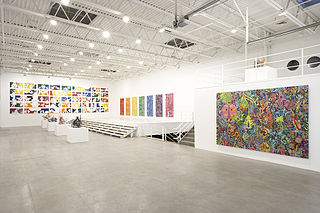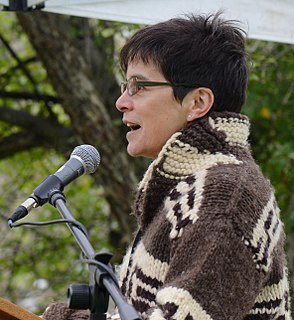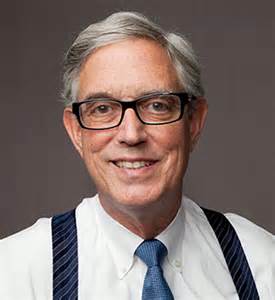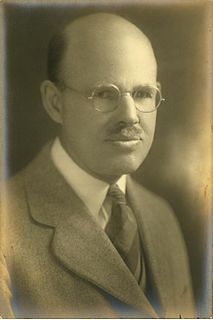A Quote by Vladimir Nabokov
A novelist is, like all mortals, more fully at home on the surface of the present than in the ooze of the past.
Related Quotes
My reason [for making my own paint] is to force a real-time experience of the work. Most work today is experienced by reproduction, and more specifically by computer screen, like jpegs, but an RGB simulation of fluorescent will never fully accurately depict some colors. For example, our eyes are a lot more sophisticated than you might assume. You can feel a lot more going on on the surface of a canvas than you can on the surface of a screen.
History in Burckhardt's words is 'the record of what one age finds worthy of note in another.' The past is intelligible to us only in light of the present; and we can fully understand the present only in light of the past. To enable man to understand the society of the past and to increase his mastery over the society of the present is the dual function of history.
But the past does not exist independently from the present. Indeed, the past is only past because there is a present, just as I can point to something over there only because I am here. But nothing is inherently over there or here. In that sense, the past has no content. The past - or more accurately, pastness - is a position. Thus, in no way can we identify the past as past
As our lives speed up more and more, so do our children's. We forget and thus they forget that there is nothing more important than the present moment. We forget and thus they forget to relax, to find spiritual solitude, to let go of the past, to quiet ambition, to fully enjoy the eating of a strawberry, the scent of a rose, the touch of a hand on a cheek...
Originally the structure was . . . a modern narrator who would appear intermittently and talk about his memories of his grandmother, which would then be juxtaposed against scenes from the past. But the stories from the past were always more interesting that the things in the present. I find this almost endemic to modern plays that veer between past and present. . . . So as we've gone on developing GOLDEN CHILD, the scenes from the past have become more dominant, and all that remains of the present are these two little bookends that frame the action.
You have to keep being curious. The notion that the present is different than the past, and the future will be different than the present, and the present is past, as we say it. I think I, by nature, am an optimist. Maybe I was driven to escape from my childhood and to be something, create my own world or career the way I wanted it to be. And I keep doing that in very interesting ways.







































